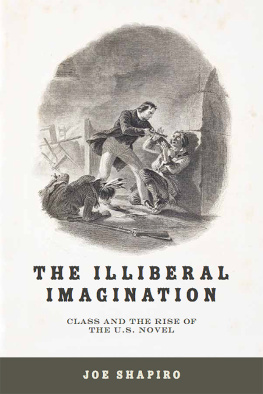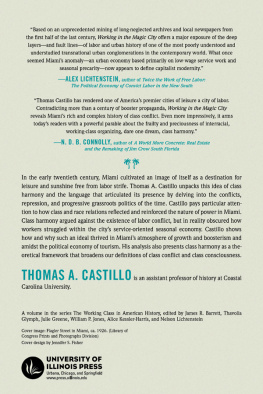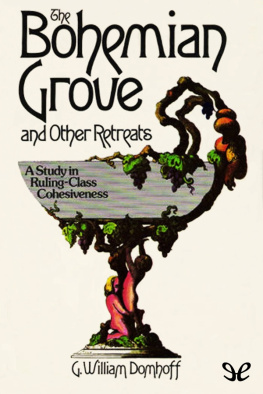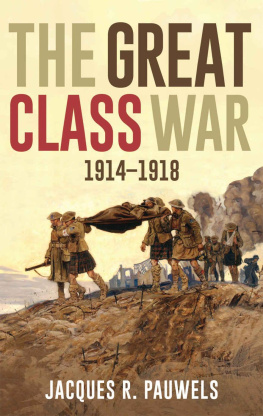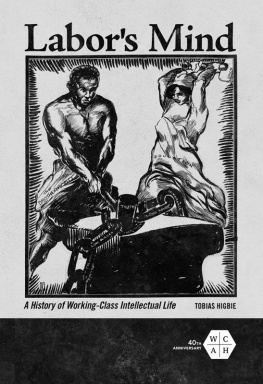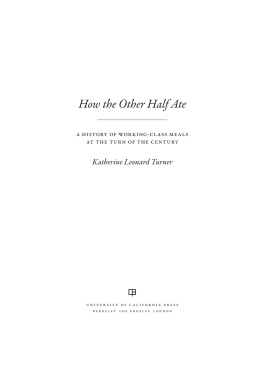Rationed Life
Rationed Life
Science, Everyday Life, and Working-Class Politics in the Bohemian Lands, 19141918

Rudolf Kuera

Published in 2016 by
Berghahn Books
www.berghahnbooks.com
2016 Rudolf Kuera
All rights reserved. Except for the quotation of short passages for the purposes of criticism and review, no part of this book may be reproduced in any form or by any means, electronic or mechanical, including photocopying, recording, or any information storage and retrieval system now known or to be invented, without written permission of the publisher.
Library of Congress Cataloging-in-Publication Data
Names: Kuera, Rudolf, 1980
Title: Rationed life: science, everyday life, and working-class politics in the Bohemian lands, 19141918 / Rudolph Kuera.
Description: New York : Berghahn Books, 2016. | Revised and extended manuscript that was originally published in Czech in 2013Acknowledgments. | Includes bibliographical references and index.
Identifiers: LCCN 2015042121 (print) | LCCN 2015048392 (ebook) | ISBN 9781785331282 (hardback : alkaline paper) | ISBN 9781785331299 (ebook)
Subjects: LCSH: World War, 1914-1918--Social aspectsCzech RepublicBohemia. | Rationing--Social aspectsCzech RepublicBohemiaHistory20th century. | ScienceSocial aspectsCzech RepublicBohemiaHistory20th century. | Working classCzech RepublicBohemiaHistory20th century. | FoodPolitical aspectsCzech RepublicBohemiaHistory20th century. | LaborPolitical aspectsCzech RepublicBohemiaHistory20th century. | Sex rolePolitical aspectsCzech RepublicBohemiaHistory20th century. |Protest movementsCzech RepublicBohemiaHistory20th century. | War and societyCzech RepublicBohemia--History--20th century. | Bohemia (Czech Republic) Social conditions20th century.
Classification: LCC D524.7.C94 K83 2016 (print) | LCC D524.7.C94 (ebook) | DDC 943.71/024dc23
LC record available at http://lccn.loc.gov/2015042121
British Library Cataloguing in Publication Data
A catalogue record for this book is available from the British Library
ISBN 978-1-78533-128-2 hardback
ISBN 978-1-78533-129-9 ebook
Contents

Acknowledgments

This book is a revised and extended manuscript that was originally published in Czech in 2013. Neither its Czech nor its English versions would have been possible without the kind and selfless help of many friends and colleagues. I would like to extend my sincere thanks to Ota Konrd, Vtzslav Sommer, and Jakub Rkosnk, who were the first critical readers of the whole manuscript and significantly contributed to its final shape. Historians Dagmar Hjkov and Josef Tome were always ready to answer any questions no matter how meaningless, albeit of vital importance to me. I am indebted to Jakub Bene, whose close readings and comments on both language versions were invaluable. I am also grateful to Nancy Wingfield for her tireless encouragement during the arduous task of revising the English manuscript.
As I wrote each chapter of the book, I tried to stay in close dialogue with the scholarly community. I thank all those who discussed my arguments at various stages of their development at conferences all over the Czech Republic and Europe. Especially the 6th Conference of the International Society for First World War Studies that took place in 2011 in Innsbruck was a great source of inspiration in this context. Presenting my research and discussing it helped clarify several questions, which led to my first ideas on how the book would be structured. I am grateful in particular to Gunda Barth-Scalmani, Wolfram Dornik, and Mark Cornwall for their suggestions and comments.
The research that preceded the writing of the book would not have been possible without the exceptional kindness of many institutions that opened their doors and archives to me. I must name especially the National Library of the Czech Republic, the Military Historical Archives of the Czech Republic, the Labor Union Archives, and the Prague Municipal Archives. Hana Svatoov, Veronika Knotkov, and Martina Power deserve special mention here. Without their hospitality and helpfulness, many sources that have proven invaluable for my book would have remained out of my reach. My research was generously supported by the Masaryk Institute and Archives of the Czech Academy of Sciences (research scheme RVO: 67985921) and by the post-doctoral research grant provided by the Czech Science Foundation (No. P410/10/P316). This post-doctoral research grant also made the English translation of the whole book possible. The extraordinarily generous one-year fellowship at the Imre Kertsz Kolleg, University of Jena, allowed me to revise and extend the English version. I would like to thank its directors, staff, and fellows for a wonderful intellectual environment. I would also like to thank Berghahn Books for its support, and I extend my gratitude to the three anonymous reviewers whose constructive criticism vastly improved my writing. Lastly, but certainly not least, I thank Caroline Kovtun. Without her exceptional skills as a translator and her infinite patience, English-speaking readers would not be holding this book in their hands.
I dedicate this book to my wife Markta and our second son Karel, who was born during the very final stage of the preparation of this book. He interrupted me much less than he could have.
Rudolf Kuera
Prague, November 2015
Introduction

From August 2 to 8, 1917 a strike paralyzed production in one of the most important Prague industrial plantsthe Ringhoffer railway coach company. Workers refused to work and demanded that their wages and food rations be raised. However, some of them stopped working for other reasons. One of the workers, Josef Plavec, physically collapsed and claimed he could not continue working, not because he wanted to take part in the strike, but simply because of total exhaustion. According to him, the food he was provided was so insufficient that he had depleted his physical strength and could no longer manage his workload. Plavec was apprehended and swiftly brought before a court. There, he repeated his defense, claiming that he could not resume working, not because of his support for the strike, but due to total bodily exhaustion. During his trial, the judge accepted his argument and the court recognized that Plavec could not be prosecuted for taking part in the strike.
However, this did not mean that he was innocent. According to official Austrian regulations, each worker in the militarized industry was guaranteed a scientifically calculated amount of food to provide him with sufficient energy to conduct his or her work. Workloads were measured and used to determine the right amount of calories the workers would receive through food rations. Although the Ringhoffer factory deviated from the established norms and their food rations were slightly lower than those prescribed by the state authorities, the workers were still getting enough calories to conduct their work, albeit with lesser intensity. In the courts opinion, collapsing and being unable to work were thus very unlikely and Plavecs actions were no different from sabotage. His refusal to resume working when his superiors officially demanded it could not be due to bodily exhaustion, but to the intention to harm the Austrian war effort. He was thus sentenced to three years of hard labor and it was only the
Next page

